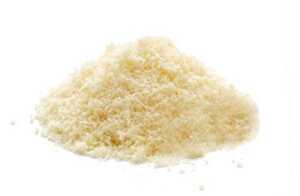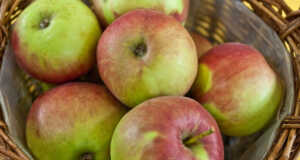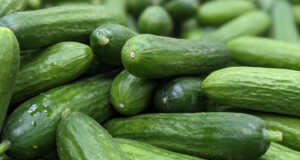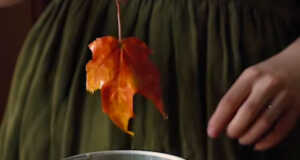If you’ve ever spent time in the Midwest you may have heard people talking about mangoes in summer for salads and pickling. We’re not referring to the tropical fruit, but rather the zesty bell pepper. This nickname is particularly common in areas with a high population of German immigrants and their descendants. Heck, my own grandma had a Cole slaw recipe that called for mangoes so it’s certainly something I grew up with.
So what gives with the name? Was it just a simple translation mistake that happened to stick? Publications from Ohio, Indiana, Illinois, and beyond frequently ask locals this very question, but it turns out that there are a few theories on how this nomenclature came about.
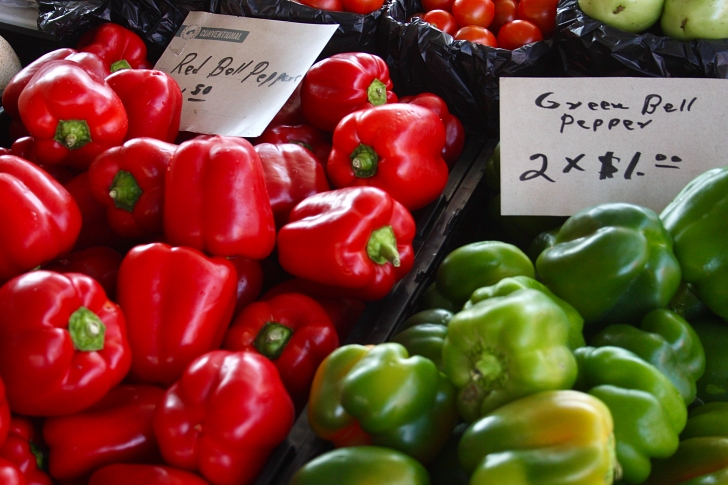
Some sources claim that during the colonial period English demand for pickled foods from India was high and that when they could not get spiced mangoes in vinegar imported, they turned to bell peppers instead. The tradition is said to have been carried across the Atlantic along with bell pepper pickles shipped as cargo and recipe books which instructed readers on making “mangoes” stuffed with cabbage or meat.
Peppers are a New World food to begin with and were brought to Europe by the Spanish conquistadors before catching on in England and then were exported back to North America.

Back in the colonial era any imported and pickled foods were referred to as mangoes after the Indian exports that were beloved in both England and in the colonies. This could include plums, peaches, grapes, peppers, or other preserved foods. It is said that bell peppers are themselves another naming convention related to India, having been thought to be a replacement for peppercorns, another highly-prized Indian product treasured in England.
It is thought that the connection with German immigrants is that the pickling of bell peppers was more common in areas with Amish populations since they were (and are) very fond of making all kinds of pickles and preserves.
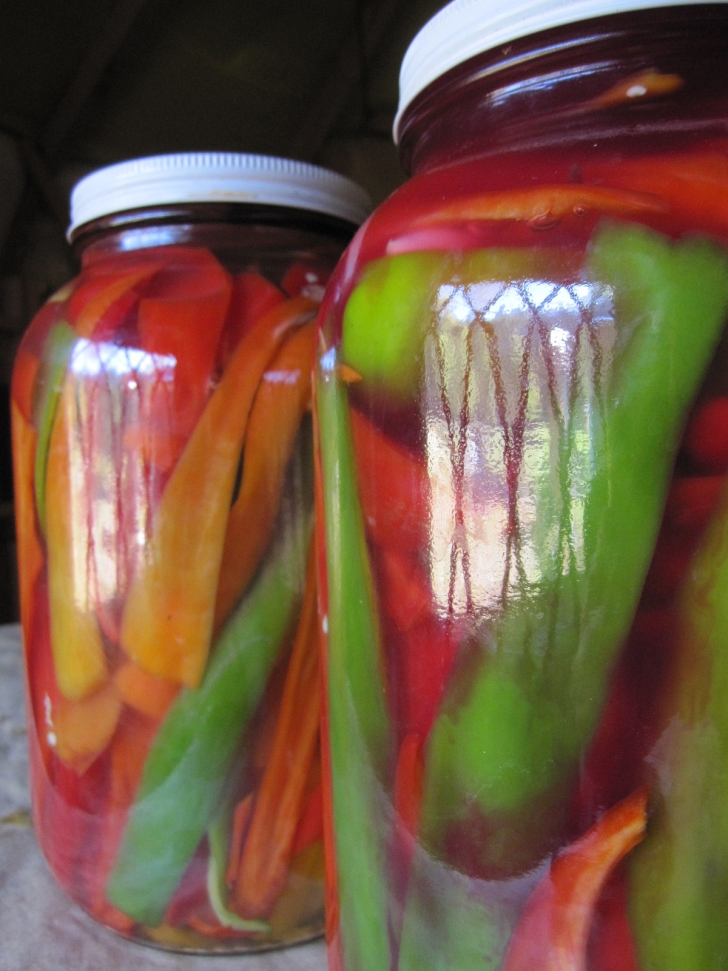
Even areas in the South are prone to call mangoes bell peppers, such as Louisiana.
In parts of West Virginia and Pennsylvania stuffed peppers are sometimes called “coal region stuffed mangoes”. There is a theory that this nickname doesn’t date back to the colonial era, but instead to the coal miners of the 19th century. Written reference to peppers as mangoes was officially recognized by the Pennsylvania Board of Agriculture in 1879.

As a compromise in grocery stores bell peppers have sometimes been called “mango peppers” so that everyone knows exactly what type of food is being discussed. Those who have recently moved to the midwest or the South have had to get used to this colloquialism for the 2 or 3 centuries and the quirk remains common even today – especially in rural areas.
